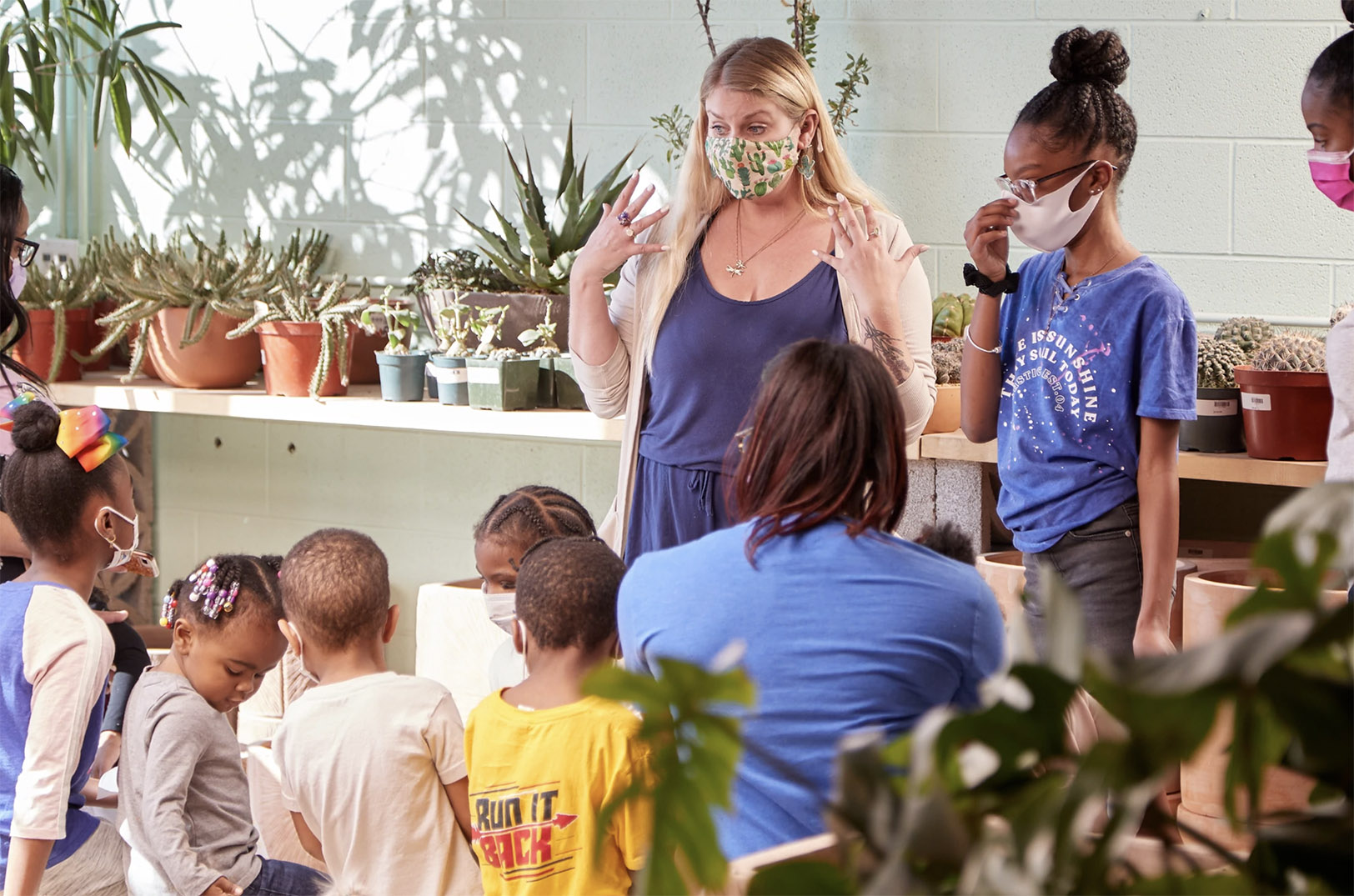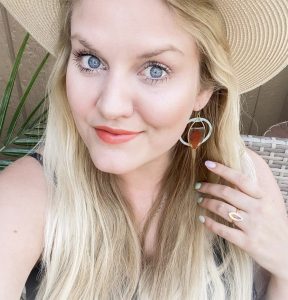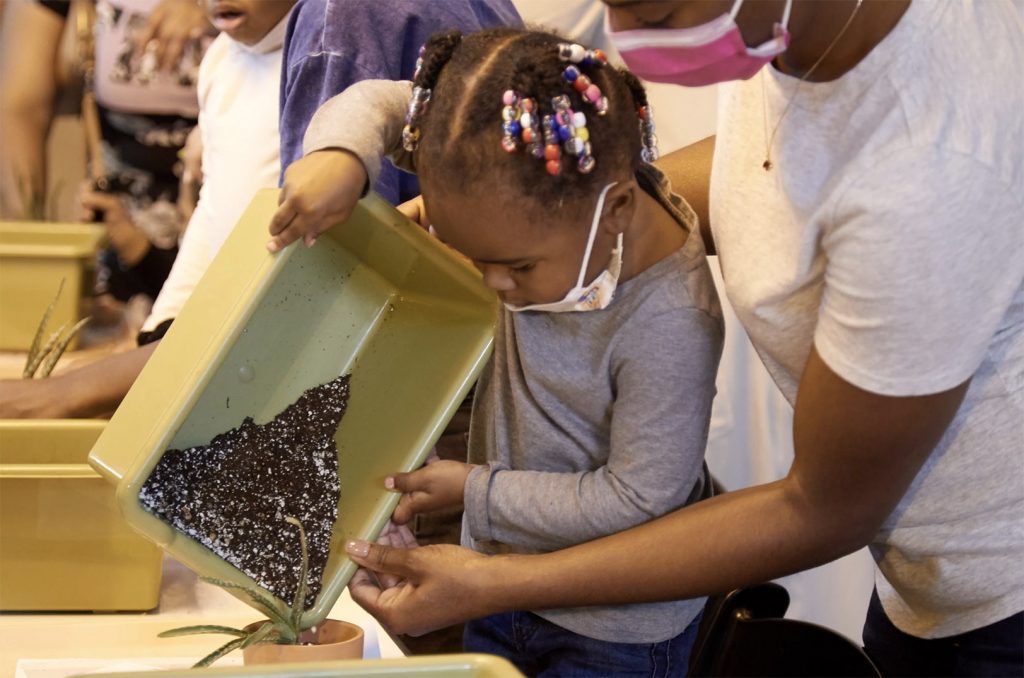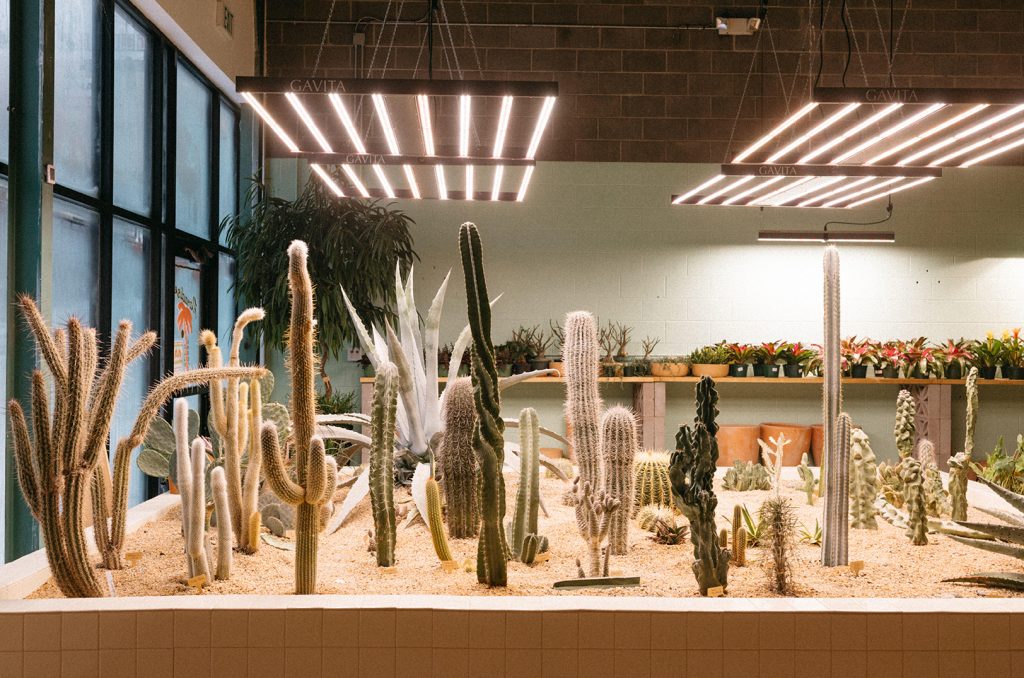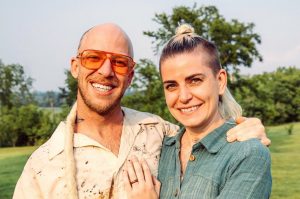When learners dig into the Paradise Garden Club STEAM program, they unearth non-traditional learning opportunities in a classroom cased in chlorophyll.
“It starts on a very base level — using your hands to work with raw soil,” said Jessica Teliczan, owner and operator of Crossroads-planted Paradise Garden Club, teasing the newly launched effort — formally branded as Paradise EDU — that aims to make kids more open to non-traditional learning opportunities.
“It lowers your stress levels, it makes you feel safe — it makes you feel like you’re tapping into something that humans have been doing for hundreds of thousands of years.”
Such a feeling is one Teliczan and Erika Baker, STEAM education director, hope to shed light on for kids through the plant shop’s expansion into educational programming; now hosting monthly STEAM sessions, one-on-one educational experiences, field trips, and birthday parties set against an urban nursery backdrop that’s ideal for scientific exploration.
“As an informal educator, I also teach subjects like theater,” explained Baker, who joined Paradise in 2021, detailing her expertise and how it nurtures the program which is set to host its next session Friday afternoon.
Click here to register kids for a Paradise STEAM Session or here to read more about Paradise.
“My goal is to give kids positive outlets and to allow them to learn in a more hands-on environment, because we all learn differently.”
Each Paradise STEAM session promises experiments, art, bio-science, and hands-on activities, an official description of the events reads.
“Tactile learning is really stimulating to the brain and it helps kids create new connections between different subjects,” Baker continued.
“[These sessions are designed to] make learning more engaging, create a positive, unique space to further engage learning, and to step outside of strict structure and show that [learning] can be fun.”
Rooted in botany-based science, each session aims to create an interest in nurturing living things that can better a learners own community, Teliczan added.
“We’re [built] on a foundation of community and education and plants are our avenue to achieve those two connections,” she said.
“We donate our soil to Operation Breakthrough so that their students can learn about composting — [we do the] same with any of our plants that are sort of struggling at the end of end of the month,” Teliczan laughed, noting the impact of Baker’s work, hopeful to watch it scale in the months ahead.
“It isn’t all about us and what we can do — it’s about how we can use those plants to reach people.”
This story is possible thanks to support from the Ewing Marion Kauffman Foundation, a private, nonpartisan foundation that works together with communities in education and entrepreneurship to create uncommon solutions and empower people to shape their futures and be successful.
For more information, visit www.kauffman.org and connect at www.twitter.com/kauffmanfdn and www.facebook.com/kauffmanfdn



